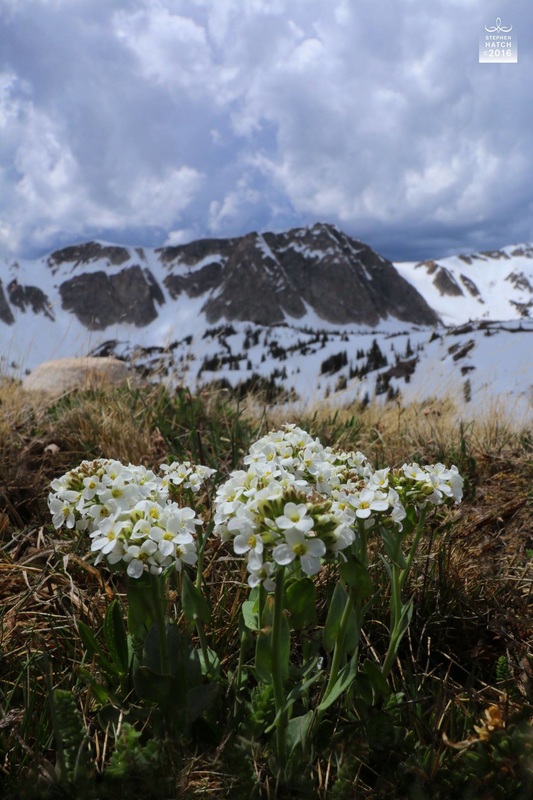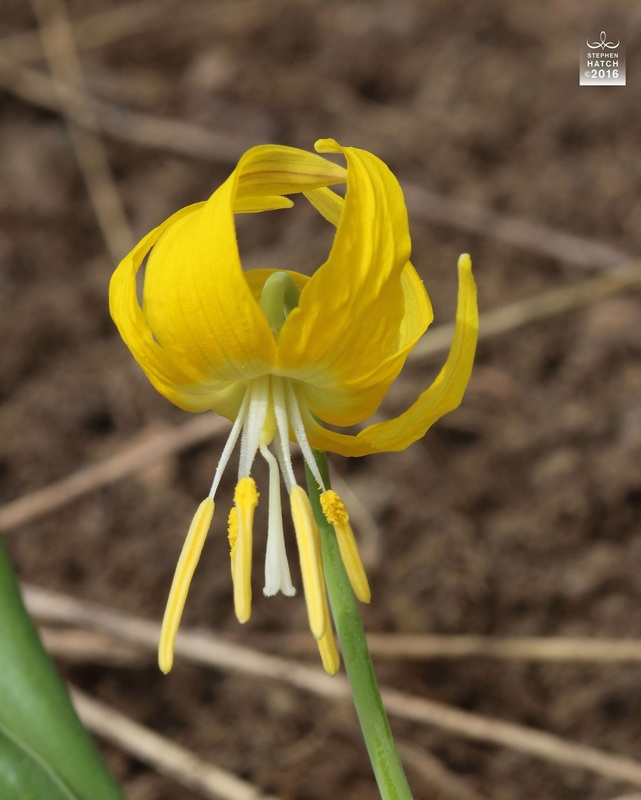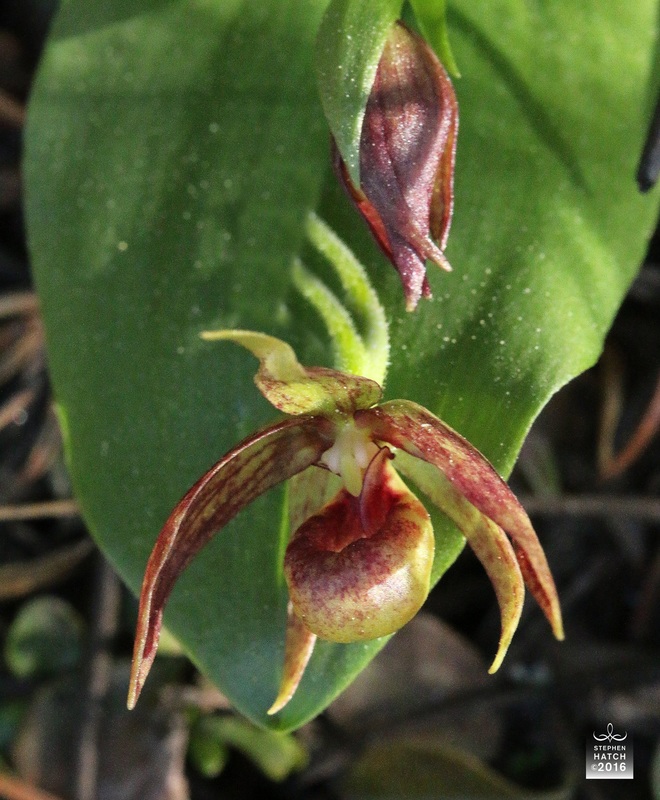|
Lately I've been involved in quite a few situations where contemplatives (those who seek to listen for the Divine Presence speaking through all things) are viewed as weak or passive by those who take a more assertive, self-based view of strength. Here, therefore, I want to offer a brief guide to understanding a contemplative view of strength. 1. We love asking questions of others, not because we do not have our own strongly-held convictions on such matters, but because we love hearing what others have to say. As such, our questions are often rhetorical. As contemplatives, we spend a lot of time in solitude, where our own convictions are able to germinate and flower in abundance. Sometimes, therefore, we get tired of hearing our own insights and want to hear what OTHERS have to say. 2. When we truly don't have the answer to a question (and say so), we don't view this lack as a form of weakness. We love learning from others! In fact, we realize that this kind of attitude empowers others to come into their own and to discover their own answers in the act of sharing them. In other words, we believe more in empowerment than in having power over others. What greater way is there to empower others than to learn from them? 3. We do not have a guru-based view of our own "ministry" with others. When we make a practice of sharing our own struggles - often publicly - it is not because we are looking for "answers" or "advice" or "sympathy." Rather, we believe that sharing our own challenges empowers other to feel they too are not alone in their own struggles. In sharing our own challenges, we generally also reveal the tools we are in the process of developing for finding solutions to these challenges. 4. We do not believe there is any such thing as private "enlightenment." We understand that every person is needed to contribute to the enlightenment of the world as a whole. The fact that we do not "have it all together" should not be viewed as a weakness. Rather, it puts us in touch with a broader strength that arises from realizing we are a part of a web of beings, each of whom contributes their own wisdom to the common enlightenment. We are each only a piece of a larger Whole and find our strength by realizing we are simply one part of that Whole. 5. We know through revelation and experience that our true identity is not found within the separate ego-self. Rather, it is lodged in something much broader, vaster and deeper. It is ultimately in union with the Divine - and not in the development of the small self - that we discover our truest identity. However, we know that we do indeed have a small-self or ego, and rather than trying to use ego to squash ego, we enjoy playing with it, realizing that ego is part of a vast, cosmic game played by the Divine. As Chogyam Trungpa (and poet Anne Waldman) once put it, each of us in our individuality is actually "Vast Space putting on makeup." We are therefore willing to promote ourselves or our work as a means of making a living, but only by keeping this kind of project in tension with our awareness of and merging with a Larger Divine who views this whole enterprise as part of a cosmic game in which the Source knows and celebrates Itself through a multitude of different individual "selves," each with a unique, one-of-a-kind perspective. 6. We understand that in order to be filled with something Greater, we need to allow ourselves to be emptied. Only in Silence is the Divine Word spoken, and only in empty spaciousness does form manifest itself. 7. Contemplatives have have an evolutionary view of the spiritual journey. We understand that we are always in process and never "have it all together." As such, we value questions more than certainty. Ultimately, our human questions are simply an echo of the DIVINE QUESTIONING. As a great Tibetan teacher once said, "Who Am I?" turns into enlightenment when the question transforms itself into a statement: "Who Am I ?!!!!!" From a theistic perspective, GOD is a QUESTION, asked eternally and continually through every creature and event. This Divine Questioning is in fact the core identity of every being. It is no wonder, therefore, that contemplatives love questions and ask them constantly! Photos: White Alpine Candytuft and yellow Glacier Lilies in the Snowy Range (WY); Brown Ladies' Slippers in Rocky Mountain National Park, CO. June 3-4, 2016 For Spiritual Direction or Workshops, please visit: www.resourcesforspiritualgrowth.com/
1 Comment
|
AuthorStephen Hatch, M.A. is a spiritual teacher and photographer from Fort Collins, Colorado. His approach is contemplative, inter-spiritual, and Earth-based. Archives
June 2016
Categories |



 RSS Feed
RSS Feed
